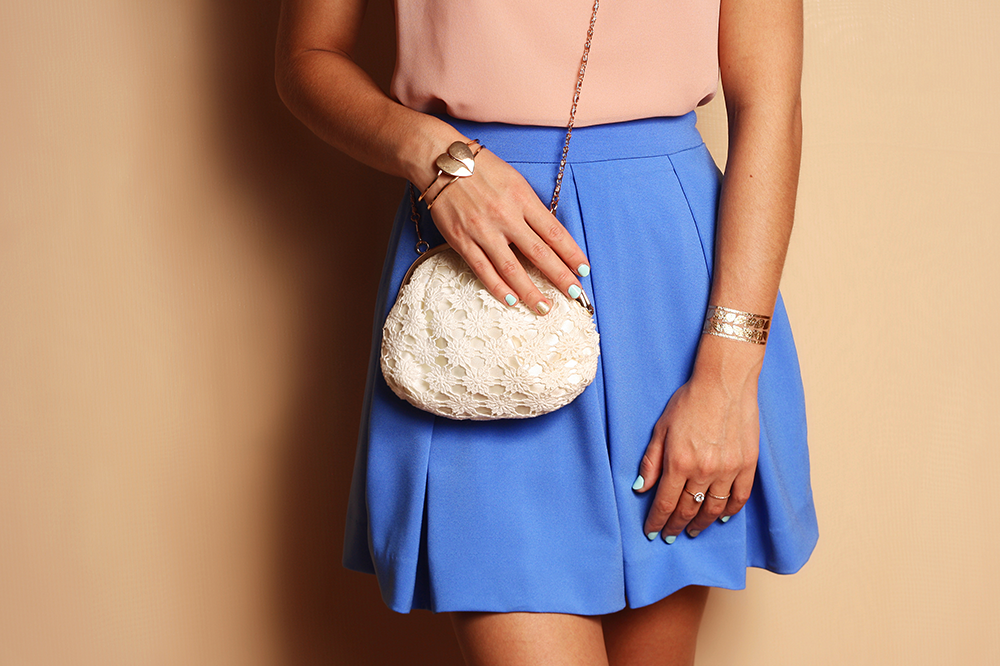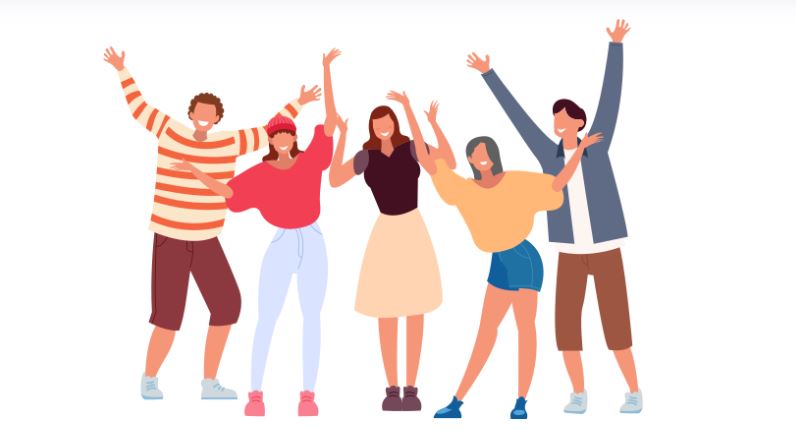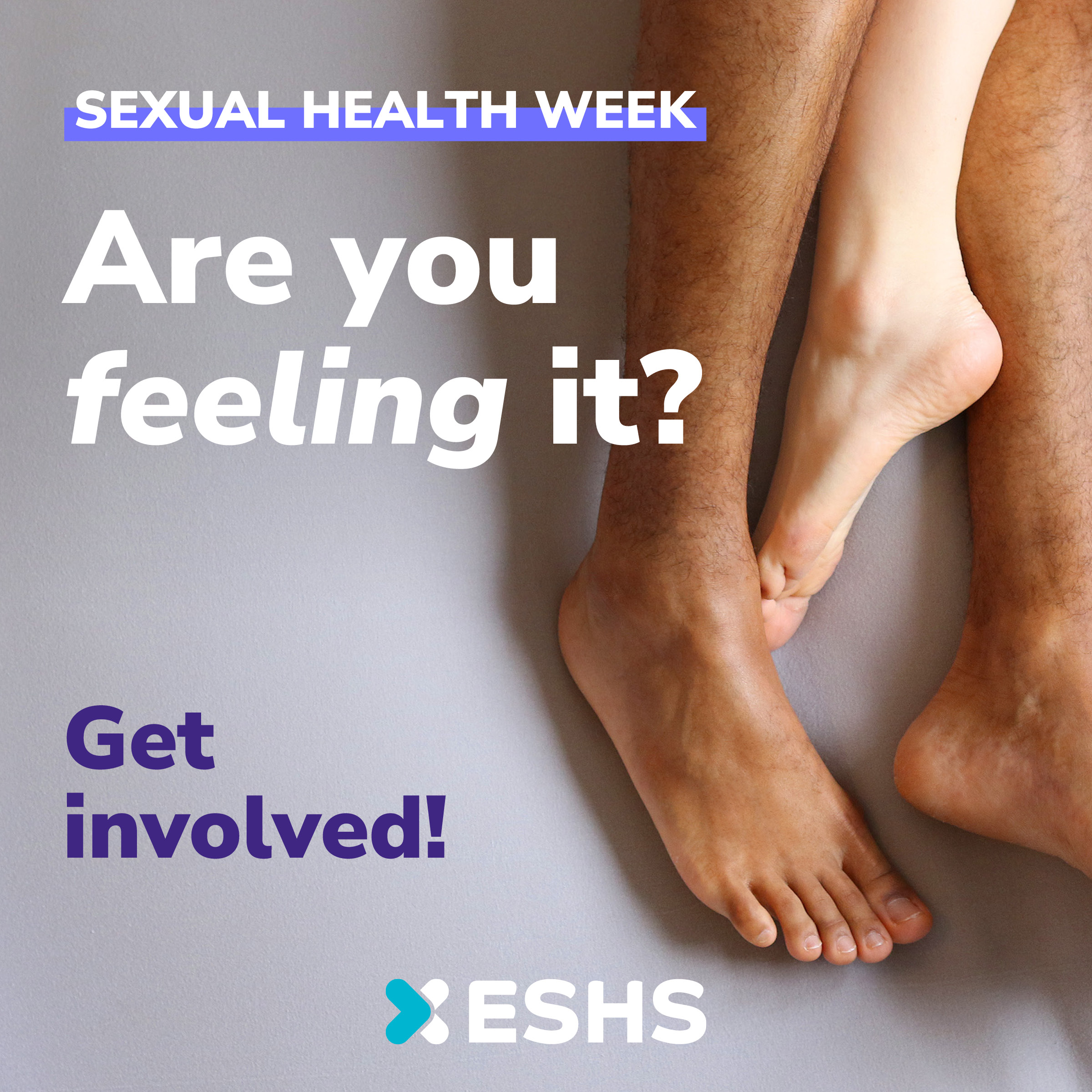Upskirting is a term which describes the act of taking sexually intrusive photographs or videos under someone’s clothing without their permission.
It often goes undetected or occurs in a crowded public place, making it hard for the victim to know they’ve been photographed or videoed.
As a broader definition, upskirting can also include any indecent filming without someone’s knowledge, including in changing rooms, toilets, bathroom and bedrooms.
It’s important to know your rights and the steps you should take if you believe you’re a victim of upskirting.
Being a victim of upskirting can make you feel violated or ashamed, but it’s important to know that you are not alone and there is support out there for you.
So, we’ve taken a look at how upskirting became illegal, what consent is, what sexual assault is and the support out there for you…
Why did upskirting become illegal?
Gina Martin – a British political activist – brought the phrase to the public’s attention in 2017. She began a campaign to make the act illegal after being harassed at a festival.
She reported the incident to the police and discovered that upskirting was not a crime under UK law, so no official action could be taken.
This led to her starting an online petition to have her case investigated with the police after a Facebook post about her experience went viral.
She also campaigned for the inclusion of upskirting in the Sexual Offences Act 2003. This petition quickly gathered 50,000 signatures.
It won MPs’ support from all political parties and she collaborated closely with justice minister Lucy Frazer to advance the cause. A number of well-known celebrities also supported the campaign.
This successfully led to upskirting being added to the Sexual Offences Act 2003 and the Voyeurism Offences Act 2019, which made it illegal.
Upskirting and consent
Upskirting is an invasive act which happens without consent.
Consent occurs when all parties voluntarily agree to any sexual activity which they are engaged in – whether physical, verbal or otherwise.
Even after consent has been given, each individual has the right to withdraw it at any point if they no longer want to engage in the agreed activities.
Consent is an extremely important factor when it comes to anything sexual, including photographs.
Therefore, if you have sexual photographs taken of you without your consent – such as upskirting – it is illegal.
Is upskirting sexual harassment/sexual assault?
Sexual harassment is any unwelcome sexual behaviour that intimidates, humiliates or fosters a hostile environment. This involves any activity where someone tries to intimidate, upset, embarrass or offend you in a sexual way.
It becomes sexual assault when an individual sexually touches a person without their consent or forces them to engage in acts of a sexual nature.
As of 2019, upskirting became an offence under the Sexual Offences Act 2003, making it a criminal offence and a form of sexual harassment.
What impact can upskirting have on the victim?
If you are a victim of upskirting or any form of sexual harassment it’s understandable to feel violated or embarrassed – particularly if the resulting images have been shared with others or even published online.
However, it’s important to remember it is never your fault and there is support out there for you.
Upskirting can cause mental harm on an individual through a breach of their autonomy, trust, sexual integrity and privacy.
This can lead to trust issues, anxiety, depression and even PTSD.
If you or anyone you know is a victim of upskirting and is experiencing any psychological reaction to the incident, it’s important to seek support.
What to do if you are a victim of upskirting
If you have experienced upskirting:
- Remove yourself from the situation to somewhere safe or more public.
- Avoid making eye contact with the perpetrator; if it’s absolutely safe, think about taking a picture of them from a distance.
- If you can, you should report it to a person of authority. This could be an employer, teacher, guardian or the police.
- If there are any witnesses or any evidence of the harassment, take a note of the details as it may help.
There is no right or wrong way to feel if you realise that you have been a victim of upskirting.
While some people experience anxiety, fear, anger or feelings of betrayal, others might not experience any concern or distress. If you – or someone you know – has been a victim of upskirting or any form of sexual assault there are dedicated centres which can offer support.
Sexual assault referral centres (SARCs) offer medical, practical and emotional support to anyone who has been raped, sexually assaulted or abused.
Help is available 24 hours a day from specially trained doctors and other support workers. You can find your nearest SARC here: https://www.nhs.uk/service-search/other-services/Rape-and-sexual-assault-referral-centres/LocationSearch/364
Alternatively, you can contact https://www.gov.uk/get-support-as-a-victim-of-crime.








